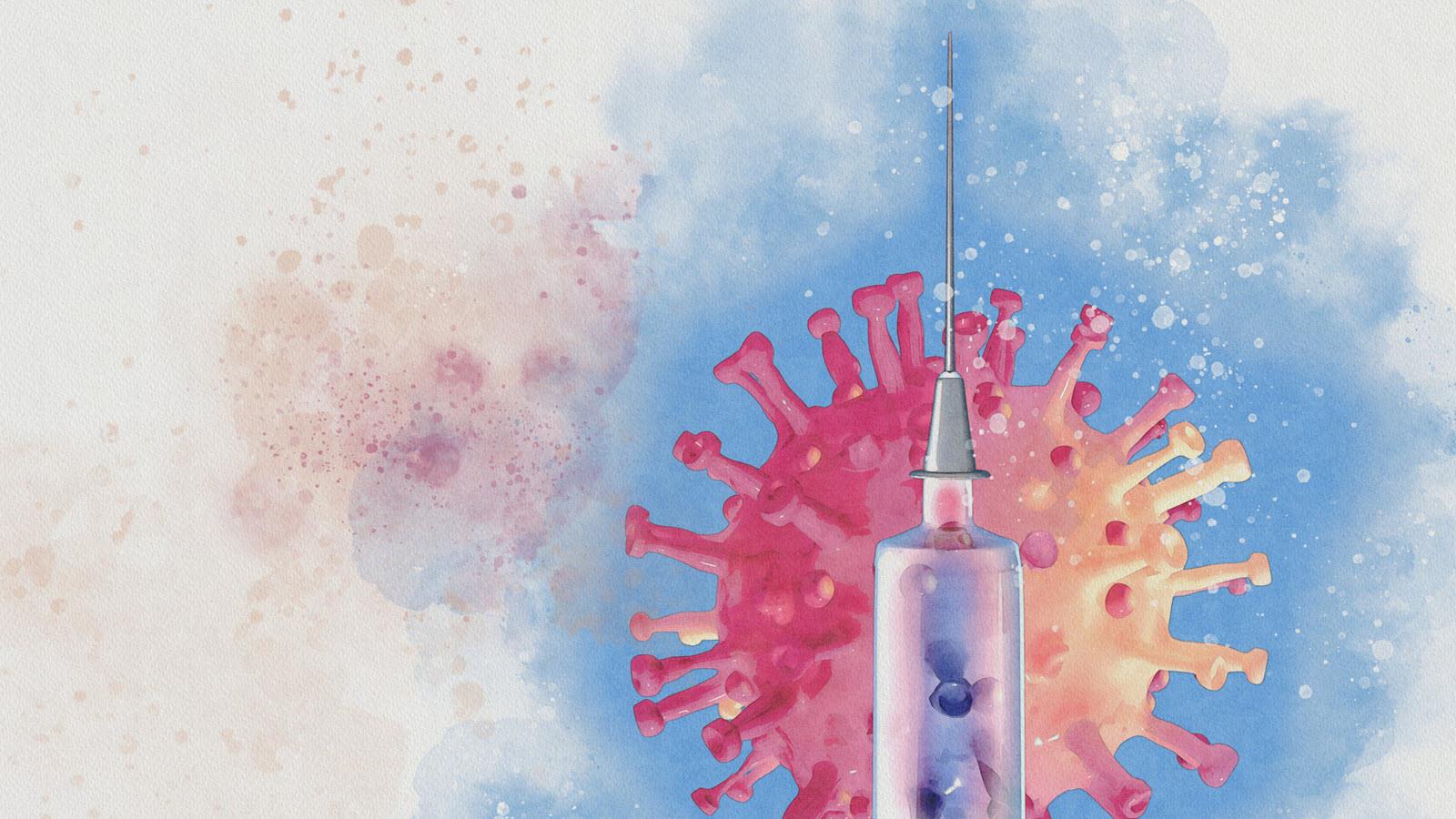Most research on COVID-19 vaccine effectiveness has studied the general population, but now the U.S. National Institutes of Health (NIH) is looking closely at those who have immune system problems.
A just-launched study will enroll 500 people, 400 of whom will have primary or secondary immune disorders, an NIH news release said. The research, which will be done remotely, will study blood samples and optional saliva samples.
Participants can receive any of the COVID-19 vaccines currently available under an emergency use authorization. Researchers will follow the trial participants over time “to assess the persistence of vaccine-induced antibodies and T-cell responses and to compare the responses made by people with and without immune system disorders,” NIH said.
The release included remarks from Dr. Anthony Fauci, director of the National Institute of Allergy and Infectious Diseases (NIAD).
“This new study will characterize the features and adequacy of immune responses to COVID-19 vaccination in people with a range of immune deficiencies and dysregulation syndromes and will provide valuable information about benefits and potential risks for these individuals,” Fauci said.
Until now, people with immune problems had been excluded from research on vaccine effectiveness. Research is lacking about how COVID-19 impacts people who have conditions involving “deficits or dysregulation in antibody or cell-based immune responses to infections,” said the study’s principal investigator, Emily Ricotta Ph.D., of NIAD’s Laboratory of Clinical Immunology and Microbiology.
“Our study aims to fill this knowledge gap,” she said in the release.
Patients and physicians can find more information about the trial on www.clinicaltrials.gov.
The Immune Deficiency Foundation shared the study launch on its website and provides detailed information about how the study will work.



